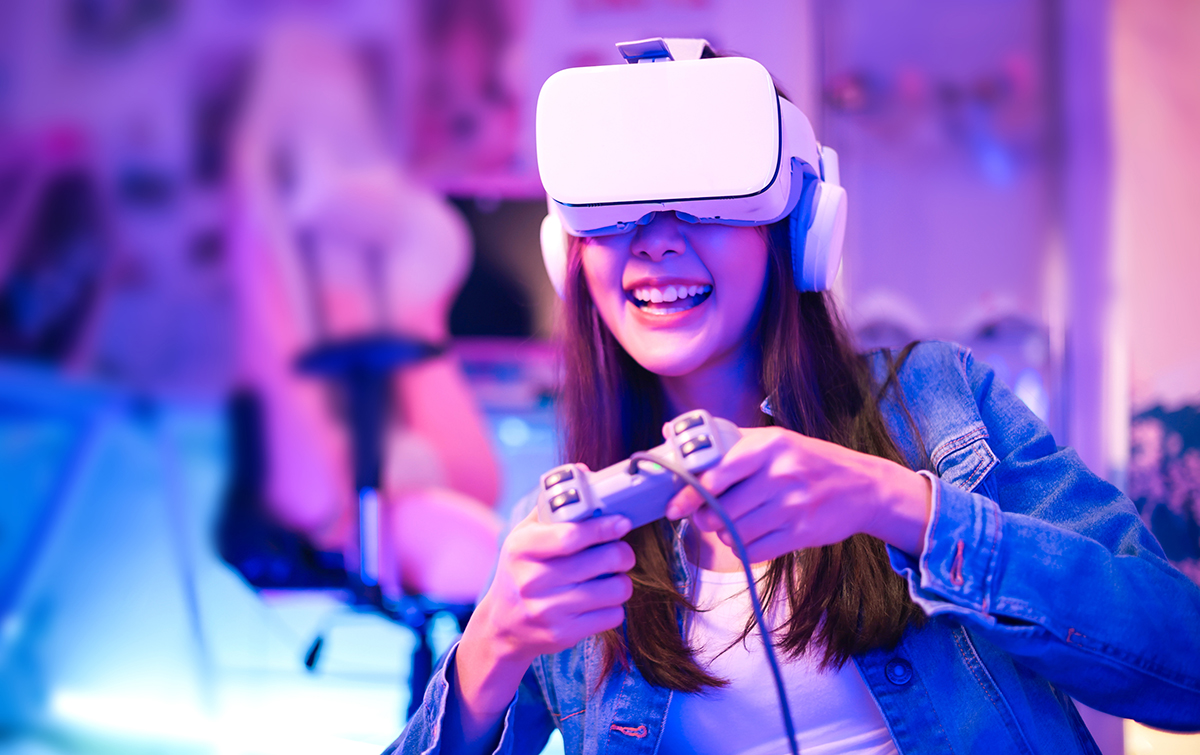In today’s fast-paced digital landscape, hobbies have taken a transformative turn. With access to powerful tools, vibrant online communities, and limitless knowledge, people are finding new ways to explore who they are and what they value.
Digital hobbies are no longer just pastimes; they have become gateways to creativity, emotional development, and identity formation. From gaming and content creation to digital art and coding, each online pursuit can offer unique paths to self-discovery.
These changes highlight a shift in how society values online engagement—not as a distraction, but as meaningful exploration. As more individuals find themselves immersed in virtual experiences, digital hobbies are redefining how we view productivity, connection, and personal fulfillment.
The Rise of Digital Creativity as Personal Expression

Digital platforms now serve as canvases for self-expression, allowing individuals to showcase their talents, experiment with ideas, and develop personal narratives. Whether it’s editing a vlog, sharing fan art, or composing music digitally, these hobbies provide a sense of achievement and confidence.
Platforms like YouTube, TikTok, and DeviantArt empower users to receive feedback and encouragement, reinforcing their sense of identity. This interaction promotes a feedback-rich environment, where constructive criticism helps individuals refine their self-image and hone their voice.
In a world where traditional artistic spaces may not be accessible to all, these platforms democratize creative expression and amplify diverse voices.
Creative digital hobbies also foster emotional resilience. When people invest time in perfecting their craft, facing critiques, and overcoming learning curves, they develop patience and perseverance. These skills often translate into real-life benefits like increased self-esteem and better problem-solving abilities.
For many, mastering a skill online can act as a metaphorical roadmap to overcoming challenges in offline life, providing tangible proof of personal growth. The emotional investment required to improve often mirrors the internal journey of self-worth and self-trust.
Gaming and Virtual Worlds as Spaces for Growth
Gaming is one of the most influential digital hobbies today. It goes beyond entertainment by offering immersive environments where players can explore decision-making, teamwork, leadership, and emotional regulation.
Multiplayer games especially create social dynamics that help individuals learn collaboration and empathy. These interactions also help players navigate different roles and personas, allowing for experimentation with identity in a safe environment.
Through characters, narratives, and game mechanics, players often experience emotional arcs that foster introspection and personal insight.
Within esports and competitive gaming, players track their progress in real-time, which is where tools like a dota live score become invaluable. These resources not only keep fans informed but also inspire players to improve and reflect on their development.
The structured progression within games often mirrors personal growth journeys, making gaming a powerful medium for understanding one’s strengths and weaknesses.
Moreover, performance metrics and ranking systems offer measurable indicators of self-improvement, adding a layer of motivation and goal-setting. The clarity of success and failure in gameplay provides a space for learning accountability and strategic thinking.
Online Communities: Belonging and Identity Exploration
The rise of niche online communities allows people to find others with shared interests, no matter how obscure. These spaces provide validation and a sense of belonging, which is essential in the process of identity formation.
Forums, Discord servers, Reddit threads, and in-game guilds become safe spaces for discussion, experimentation, and self-expression.
They often encourage a culture of mutual respect and shared learning, making them ideal environments for growth. The ability to connect beyond geographical and cultural boundaries enriches perspectives and enhances social empathy.
Participating in these communities encourages communication skills and openness to new ideas. For many, being part of a gaming clan or a digital art group offers the first experience of constructive collaboration. This connectedness strengthens one’s social identity and offers a mirror for self-reflection.
Engaging regularly with a like-minded group also reinforces accountability and consistency—key traits in any personal development journey. Over time, these interactions become part of a person’s social narrative, influencing how they perceive themselves and their place in the world.
Streaming, Vlogging, and Personal Branding
Platforms like Twitch, YouTube, and Instagram have transformed digital hobbies into avenues for self-branding. When individuals stream games, share life advice, or produce educational content, they’re curating aspects of their personality in a public space.
This process helps define values, boundaries, and communication styles. Creating a digital persona allows users to experiment with different facets of their identity in real-time and see what resonates with audiences. The performance aspect of these platforms often brings about deeper awareness of one’s strengths and vulnerabilities.
Moreover, the feedback loop from audiences can reinforce identity and motivate positive behavior. For example, a streamer who promotes mental health awareness or shares their journey with anxiety often receives support that fuels their own growth.
In this way, the digital hobby becomes a mutual discovery space for both creator and audience. Over time, these platforms often evolve into communities where shared experiences strengthen collective understanding and personal evolution.
The journey from hobbyist to influencer can significantly impact how individuals perceive their role in the broader digital ecosystem.
Digital Learning and Skill Acquisition
Digital hobbies often involve a learning component. Coding, digital marketing, graphic design, and game modding require users to learn new tools and adapt to changing platforms. This continuous learning builds adaptability, a key trait in personal development.
As individuals acquire more knowledge, they gain not just technical abilities but also a sense of mastery and autonomy. The process of trial and error, and the eventual success, reinforces belief in one’s capacity to evolve.
Additionally, these hobbies can become stepping stones to careers or entrepreneurial ventures. What begins as a hobby—like designing mods for a favorite game—can lead to opportunities in the tech industry. This transition often comes with an increased sense of purpose and direction.
By turning passions into professions, users find long-term satisfaction and establish a deeper connection to their evolving identities. In many cases, digital hobbies blur the line between leisure and vocation, redefining modern concepts of work and passion.
Conclusion
Digital hobbies are much more than screen-time distractions; they are powerful mediums for self-discovery, growth, and emotional resilience. Whether through gaming, creating content, or engaging in digital communities, individuals learn more about who they are and who they want to become.
As our lives become increasingly intertwined with technology, these hobbies will continue to shape how we express ourselves and connect with others. They foster not just skills and relationships, but a deeper emotional literacy that’s crucial in navigating modern life.
Ultimately, embracing digital hobbies isn’t just about skill-building or entertainment—it’s about carving out a personal journey in the online age. The tools we use, the content we create, and the communities we join are all reflections of our evolving inner world, making digital self-discovery an essential part of modern identity.
In a world that’s constantly changing, these hobbies provide anchors of meaning and avenues for becoming our most authentic selves.


